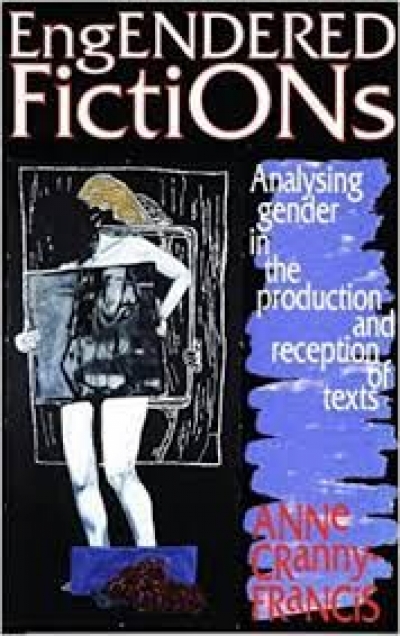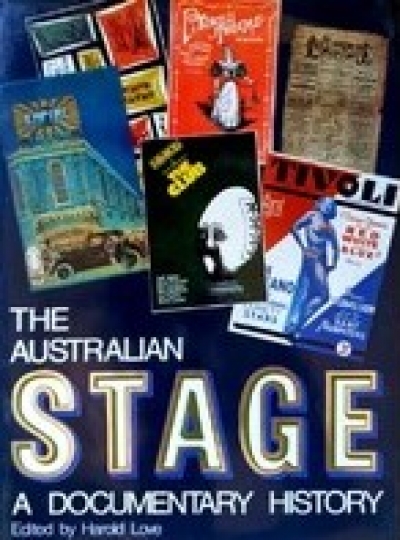NSWUP
Engendered Fictions: Analysing gender in the production and reception of texts by Anne Cranny-Francis
by K.K. Ruthven •
Textual Spaces: Aboriginality and cultural studies by Stephen Muecke
by David Goodman •
The Australian Stage edited by Harold Love & Reverses by Marcus Clarke, edited by Dennis Davison
by Helen Thomson •



